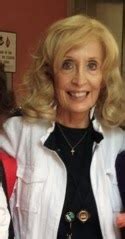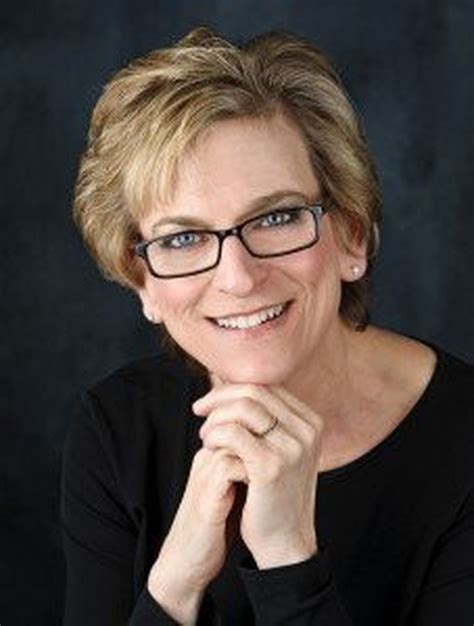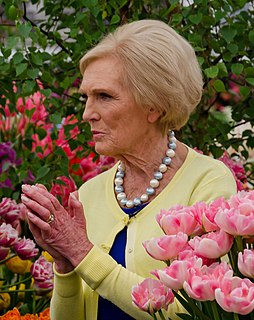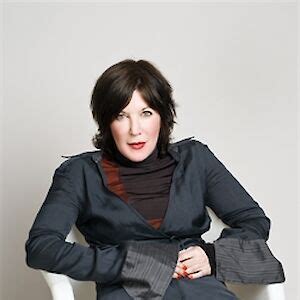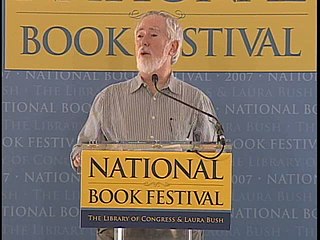A Quote by Daniel H. Wilson
I wrote a query letter to an editor - a friend of a friend. The editor called me an idiot, told me never to contact an editor directly, and then recommended three literary agents he had worked with before. Laurie Fox was one of them, and I've never looked back.
Related Quotes
My last point about getting started as a writer: do something first, good or bad, successful or not, and write it up before approaching an editor. The best introduction to an editor is your own written work, published or not. I traveled across Siberia on my own money before ever approaching an editor; I wrote my first book, Siberian Dawn, without knowing a single editor, with no idea of how to get it published. I had to risk my life on the Congo before selling my first magazine story. If the rebel spirit dwells within you, you won't wait for an invitation, you'll invade and take no hostages.
A year after I'd graduated college, I went to a weeklong conference intensive in Boston, and that's when things kicked into high gear. My workshop leader was a Harvard professor and editor. At the end of the week we met one-on-one over breakfast, and she said, in essence, "Look, you're ready to turn pro." She gave me a list of literary agents to query once I had something to show them. I came home and wrote my first real novel, and the agent that sold it to Tor Books was on that list.
Before MS moved in on me, I'd worked for seven years as a city lawyer, as the editor of a literary magazine, and before the age of 20, I'd also worked as a cadet journalist and as an assistant director in both film and TV. And then, after the lesions of MS, both on my spine and in my brain, I was the opposite of bionic.
Bob Wallace was my editor at Rolling Stone when I first started writing there, and he's a wonderful editor. I was in the Philippines during the Marcos overthrow, and I was up on what was called Smokey Mountain. I think it's gone now, but it was a garbage dump with a bunch of people living on it. I was talking to Bob on the phone, and I told him, "I'm a humorist. I can't write about this." And Bob told me to let my style be dictated by the subject, to take what I saw and write about it in the tone that it requires.


